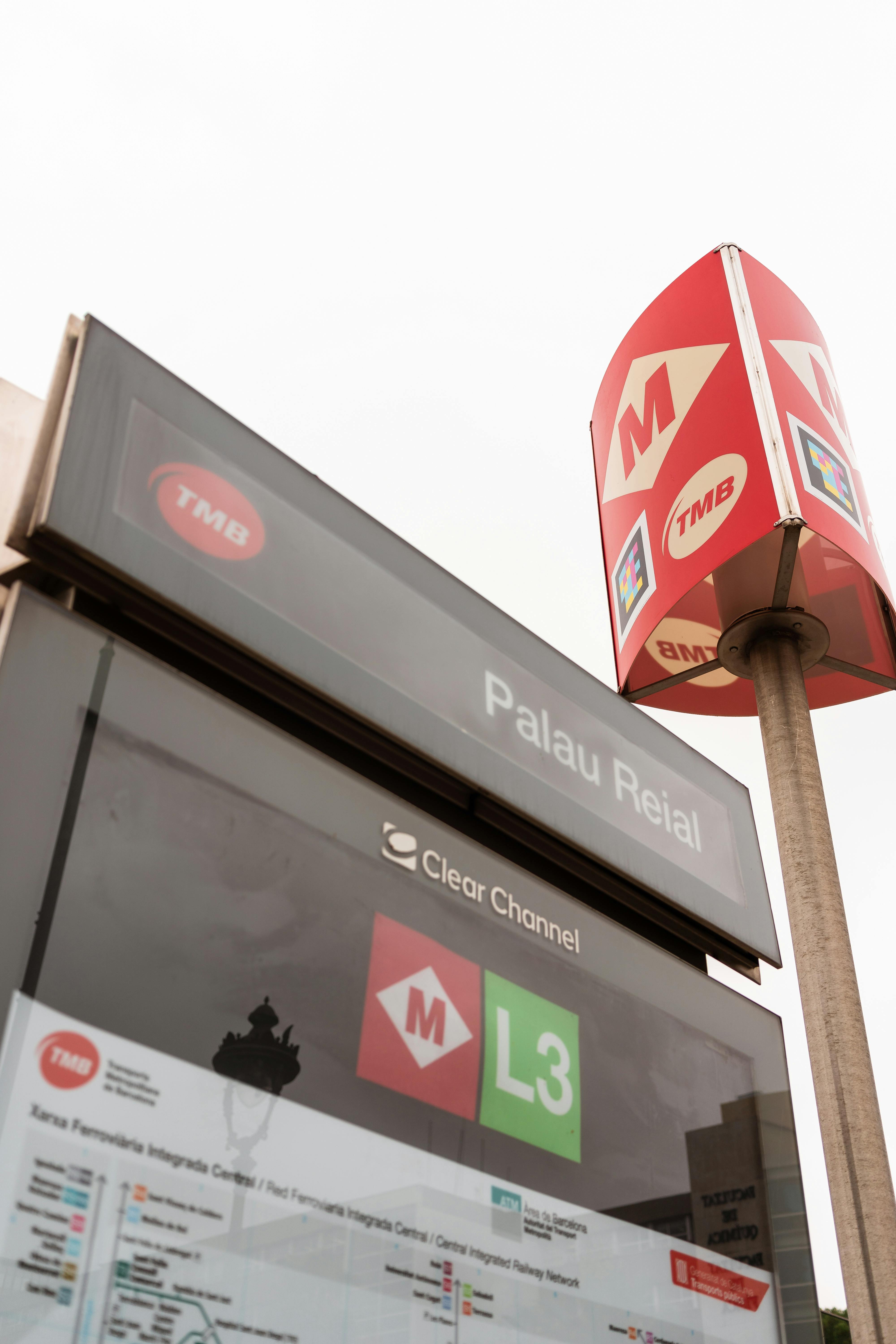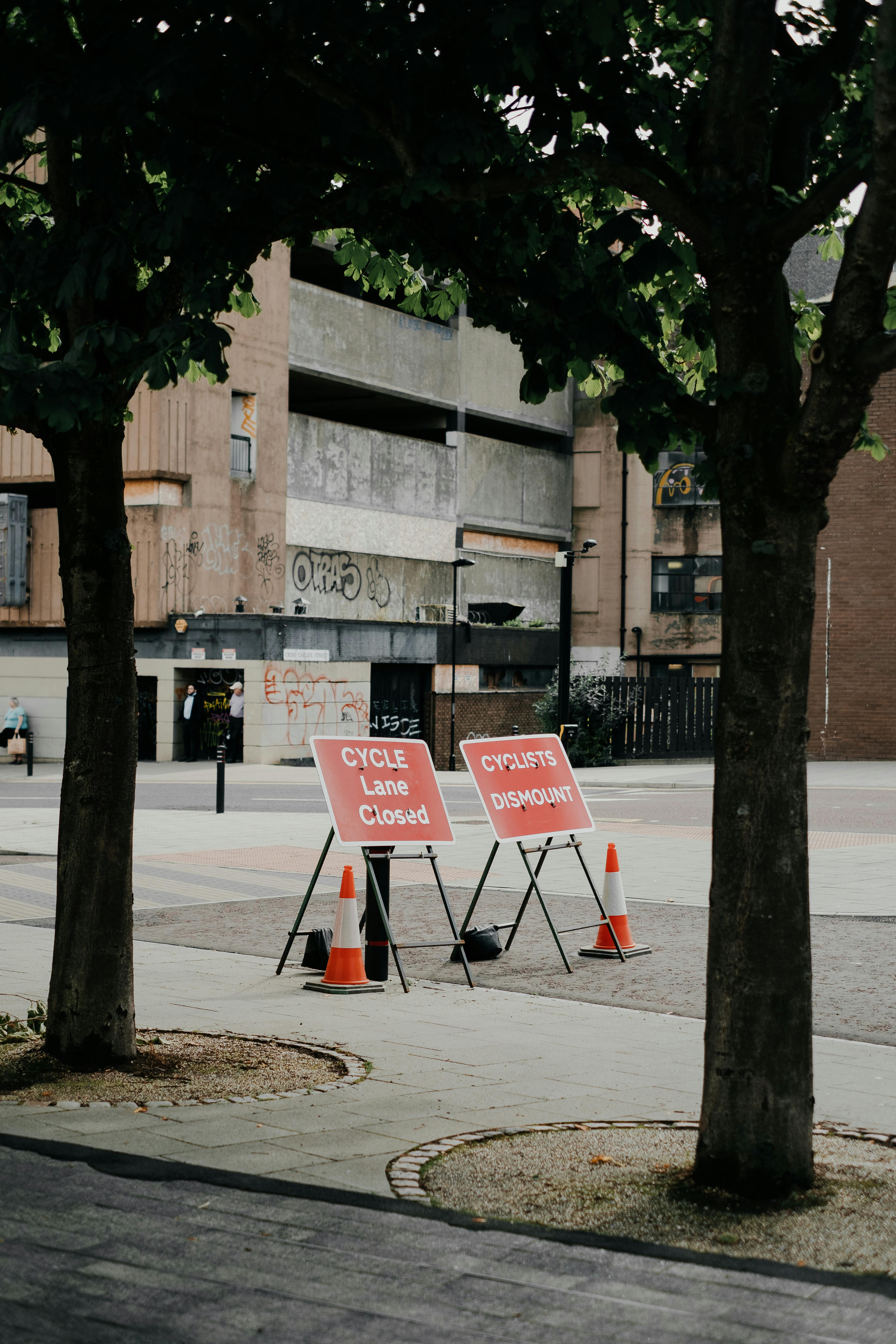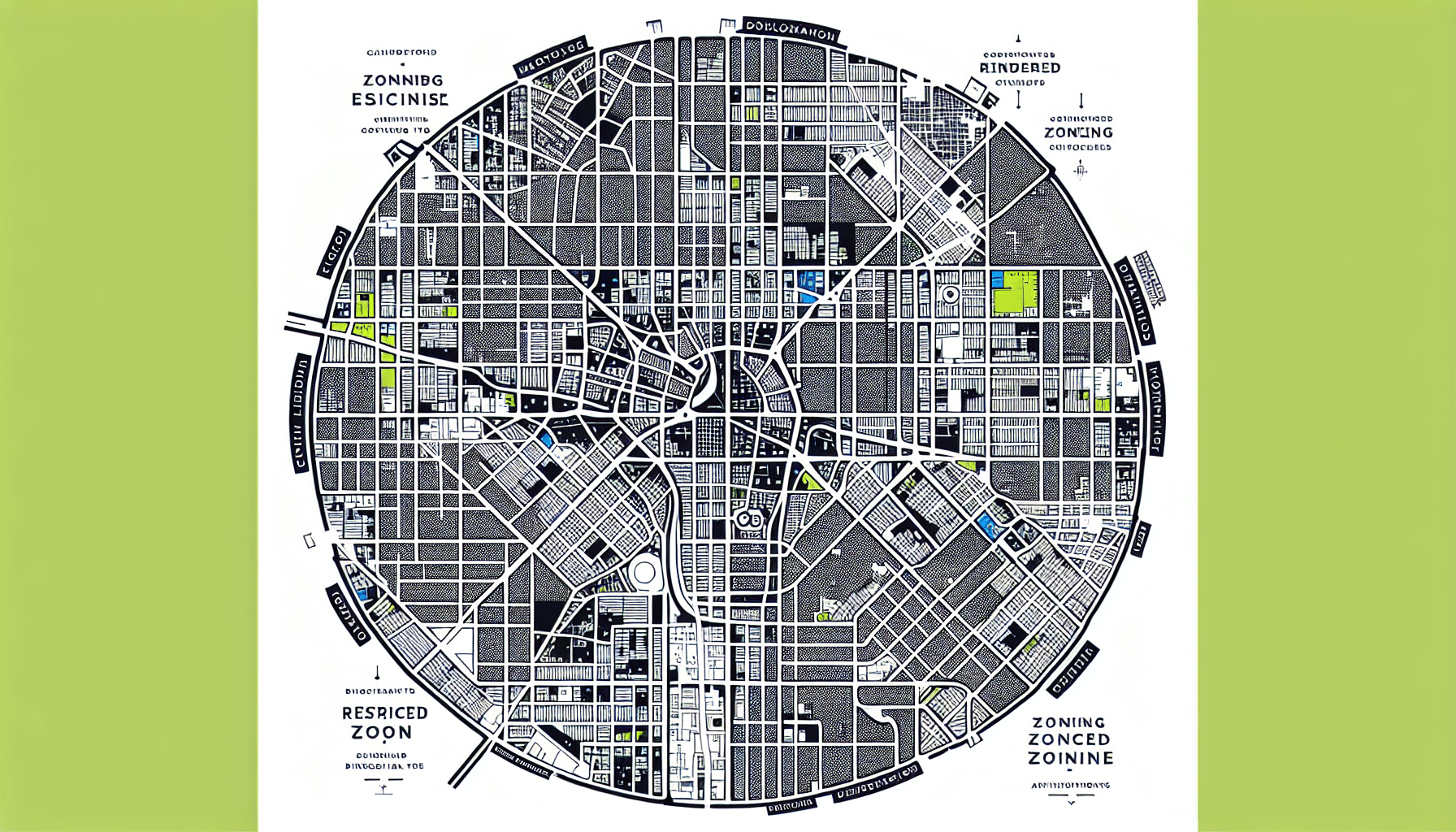If you’re looking to start a cannabis business, one of the most important factors to consider is navigating zoning regulations. Understanding local laws and regulations around where you can operate your business is crucial for success in the industry. From finding the right location to obtaining necessary permits, it’s essential to have a clear understanding of zoning regulations to ensure your cannabis business operates smoothly and legally. In this article, we’ll explore some key tips and strategies to help you navigate zoning regulations for your cannabis business effectively. Have you ever thought about starting a cannabis business but felt overwhelmed by the complex world of zoning regulations? Well, fear not, because in this article, we will guide you through the ins and outs of navigating zoning regulations for your cannabis business. From understanding local laws to finding the right location, we’ve got you covered. So grab a cup of coffee, sit back, and let’s dive into the world of cannabis zoning regulations together.
Understanding Zoning Regulations
Before you can even think about opening a cannabis business, you need to have a solid understanding of zoning regulations. Zoning regulations determine where and how certain types of businesses can operate within a specific area. These regulations are put in place to ensure that businesses are located in appropriate areas and do not negatively impact the surrounding community.
Types of Zoning
There are different types of zoning that you need to be aware of when considering opening a cannabis business. The most common types of zoning are residential, commercial, industrial, and agricultural. Each type of zoning has its own set of regulations and restrictions, so it’s crucial to understand which type of zoning applies to your desired location.
Local Laws and Regulations
In addition to understanding the different types of zoning, you also need to familiarize yourself with the local laws and regulations that govern cannabis businesses in your area. These laws can vary significantly from one location to another, so it’s essential to do your research and make sure you are compliant with all the rules and regulations.
Finding the Right Location
Now that you have a good grasp of zoning regulations and local laws, the next step is to find the right location for your cannabis business. Choosing the right location can make or break your business, so take your time and do your homework before making any decisions.
Proximity to Residential Areas
When looking for a location for your cannabis business, one of the essential factors to consider is the proximity to residential areas. Many zoning regulations have strict rules about how close a cannabis business can be to residential areas, so make sure you are compliant with these regulations to avoid any legal issues down the line.
Accessibility and Visibility
Another crucial factor to consider when choosing a location for your cannabis business is accessibility and visibility. You want to make sure that your business is easy to find and accessible to your target customers. Look for a location that is near major roads, public transportation, and other businesses to increase visibility and foot traffic.
Parking and Traffic
Parking and traffic are also essential considerations when choosing a location for your cannabis business. Make sure that the location you choose has enough parking spaces for your customers and employees. Additionally, consider the traffic patterns in the area to ensure that your business is easily accessible without causing congestion or other issues.
Navigating the Permitting Process
Once you have found the perfect location for your cannabis business, the next step is to navigate the permitting process. The permitting process can be complex and time-consuming, but with the right approach, you can ensure that everything goes smoothly.
Building Permits
One of the first permits you will need to apply for is a building permit. A building permit is required for any construction, renovation, or alteration of a building. Make sure to gather all the necessary documents and information before applying for a building permit to avoid any delays in the process.
Business Licenses
In addition to building permits, you will also need to obtain the necessary business licenses to operate your cannabis business legally. These licenses can vary depending on the type of business you are operating and the location, so make sure to research the specific requirements in your area.
Health and Safety Inspections
Health and safety inspections are another critical step in the permitting process for a cannabis business. These inspections ensure that your business meets all the necessary health and safety standards to operate legally. Make sure to address any concerns raised during the inspections promptly to avoid any delays in opening your business.
Compliance and Enforcement
Once you have obtained all the necessary permits and licenses for your cannabis business, the next step is to ensure ongoing compliance with zoning regulations and local laws. Compliance is an ongoing process that requires constant attention and diligence to avoid any legal issues.
Regular Audits and Inspections
To ensure ongoing compliance with zoning regulations and local laws, it’s essential to conduct regular audits and inspections of your cannabis business. These audits and inspections help identify any potential issues before they become major problems and allow you to make any necessary changes to remain compliant.
Employee Training and Education
Employee training and education are also essential components of compliance and enforcement for a cannabis business. Make sure to provide your employees with the necessary training and education on zoning regulations, local laws, and best practices to ensure that everyone is on the same page and working towards compliance.
Working with Legal Counsel
Finally, working with legal counsel is a critical aspect of compliance and enforcement for a cannabis business. Legal counsel can help you navigate the complex world of zoning regulations and local laws, provide guidance on best practices, and represent you in case of any legal issues that may arise.
Conclusion
Navigating zoning regulations for a cannabis business can be a daunting task, but with the right knowledge and approach, you can ensure that your business is compliant and successful. By understanding zoning regulations, finding the right location, navigating the permitting process, and ensuring ongoing compliance, you can set your cannabis business up for long-term success in a competitive industry. So take the time to do your homework, ask questions, and seek guidance when needed to make sure your cannabis business thrives in the ever-evolving world of zoning regulations.





